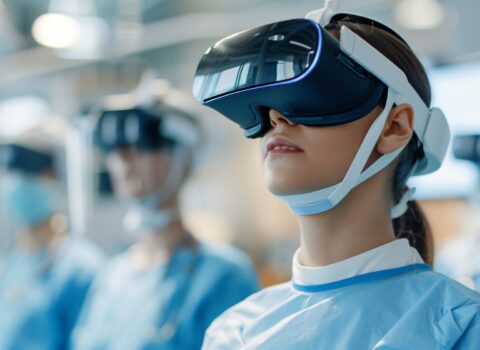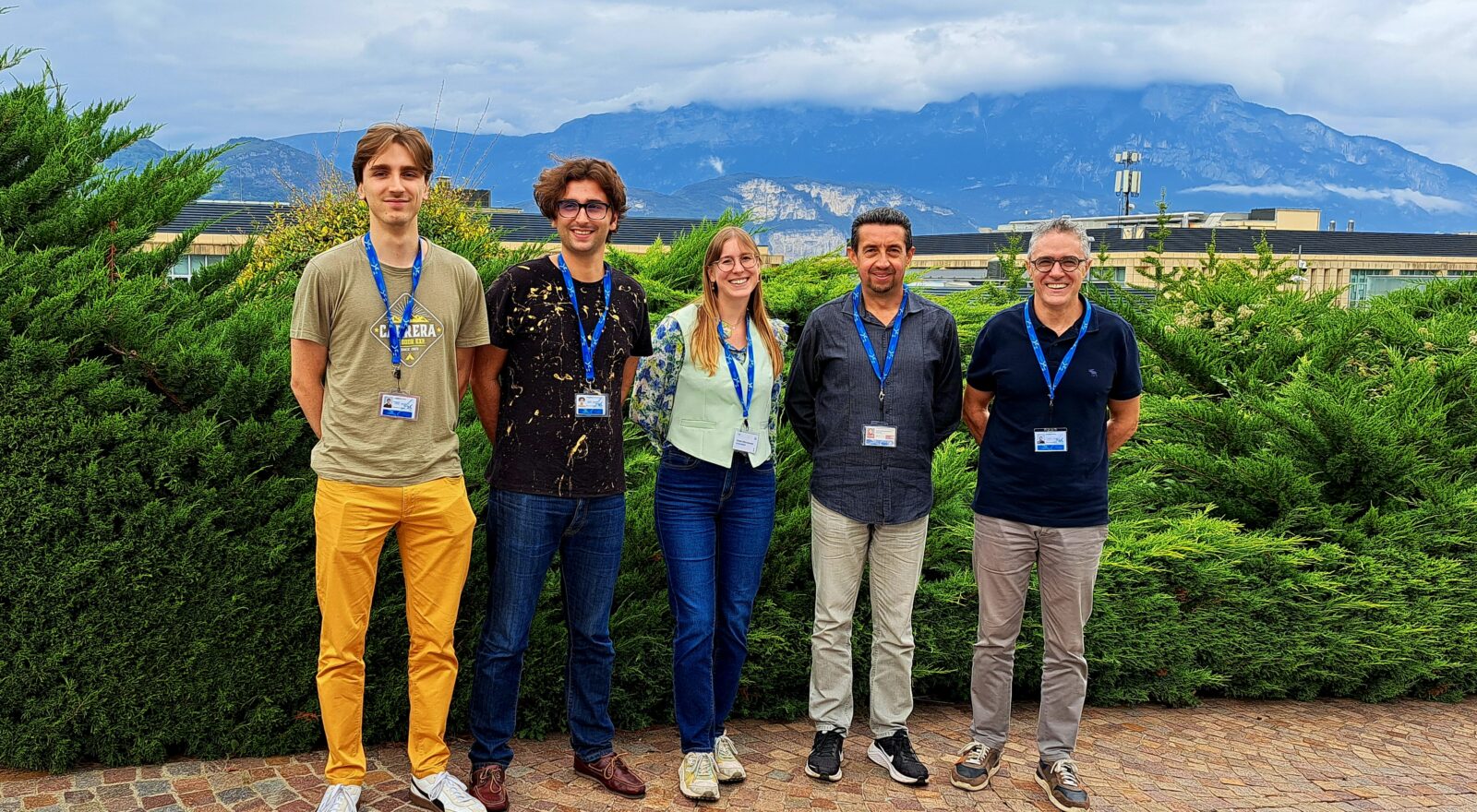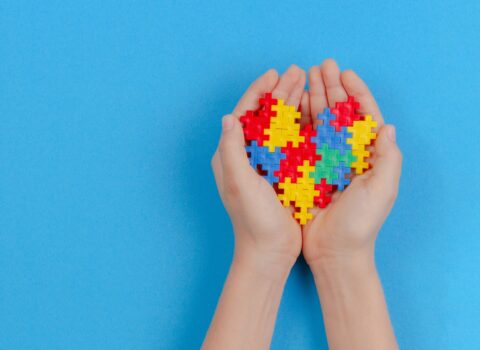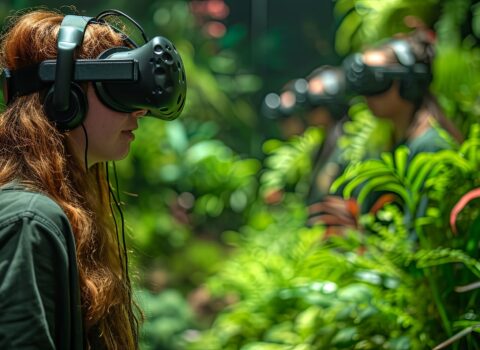
Research comes into play for people with autism
GameOn for Autism: Bridging Skills and Wellbeing with Digital Play is a new Erasmus+ Cooperation Partnerships project in the field of adult education, coordinated by FBK. The methodology and digital game developed during the project will be made available under an open license for reuse across Europe.
Autism is a neurodevelopmental condition affecting approximately 5 million people in the European Union. Given the wide variability within the spectrum, each individual is unique—skills and needs can differ significantly. Some individuals with autism require continuous support, while others achieve a degree of autonomy, yet still face daily challenges such as social interactions, sensory overload, or managing unexpected situations. A common underlying issue is anxiety, which impacts not only psychological wellbeing but also overall quality of life.
In this context, GameOn emerges as a European project exploring how digital games can support the development of social skills and mental wellbeing in young individuals with autism—enhancing their autonomy in adulthood and promoting inclusion.
The project team includes Elio Salvadori (Senior Researcher), Giulia Mezzanotte (Project Manager), Marco Dianti, Michele Lamon, and Riccardo Calcagno (game development), along with Susanna Pardini, psychologist and researcher with the Digital Health Research (dHRes) unit at the Center for Digital Health & Wellbeing, which focuses on applied research in digital health technologies.
Project partners include Meeva (an FBK spin-off), Autism Europe (an international organization advocating for the rights and quality of life of people with autism), and three national organizations working with individuals with autism in Latvia, Spain, and Serbia.
Duration and objectives
The project aims to promote the use of digital games as a complementary tool to support the development of social skills among young individuals with autism, thereby improving their quality of life and social inclusion. The project begins on November 1 and will run for two and a half years.
GameOn is structured around three core components:
- Methodology: A manual to guide caregivers and educators in the responsible use of digital games—ranging from console and PC games to immersive virtual reality—while expanding awareness of their potential for developing social, cognitive, and emotional skills.
- Digital Game (blended learning serious game): An innovative video game created by modifying a commercial title into a serious game, combining the engaging experience of entertainment games with the learning of practical skills.
- Training: Specialized courses to equip professionals working with individuals with autism with the tools to use play as an educational resource to promote autonomy and wellbeing.
Introducing serious games
Youth with autism will be involved from the start, helping to choose the commercial game to be modified and contributing to the development of new features. A unique feature of the game is the integration of virtual experience with real-life activities, offering two interconnected pathways:
- Digital Skills Training: A safe, accessible space to build executive functions (attention, working memory, emotion regulation) and social skills.
- Analogue Skills Training: In-game progress will be tied to overcoming real-world challenges such as taking public transport or shopping, encouraging gradual exposure to difficult situations.
This blended learning approach aims to test whether skills acquired in digital environments can be transferred to real life—and vice versa—thereby innovating autism support services.
Look up modding
Video game publishers increasingly support customization of commercial titles through tools such as SDKs (e.g., ReadyCode, mod.io). These practices extend a game’s lifespan, build engaged communities, and open up learning opportunities.
In GameOn, modding is used to ensure long-term engagement with the game, even after the project’s completion. The game will be freely available on major marketplaces and supported by the existing fan community. Thanks to its open license, it can be further adapted and reused across Europe by users themselves.
Together with FBK, Meeva acts as the technical partner. I In line with its mission to support universal access to therapies for neurodivergent adolescents, it contributes expertise in serious game development and maintains connections with Italian associations such as the Helios social cooperative in Terni.
Project partners contributing field experience with autistic adolescents include the Latvian Autism Association (Riga), A Thousand Wishes Foundation (Belgrade), and Autism Burgos (Burgos). They support the development of an impactful methodology and a digital game that is both effective and enjoyable.
Looking ahead
GameOn is not just testing a new educational approach—it aims to lay the foundation for widespread change in autism support services. Locally, it will strengthen training programs and build community connections. Nationally, it will promote awareness campaigns and inclusive policies. At the European level, it will foster collaboration networks and best practices for the social inclusion of young individuals with autism.
The project envisions a broader transformation where research, education, and public policy converge to create new support models. In this future, digital games are not only entertainment tools but also powerful allies for personal growth, autonomy, and wellbeing for people on the autism spectrum.
The project will officially kick off with a meeting in Belgrade on November 6–7, 2025. We will follow its progress.



